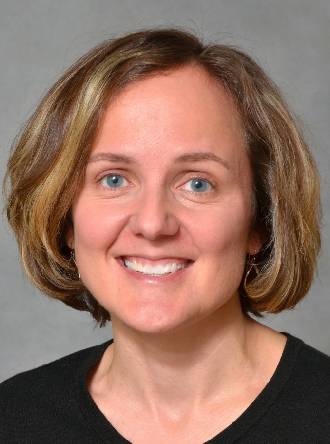About CWIMS
The Center for Women in Medicine and Science (CWIMS) uses a Community-based Participatory Research (CBPR) approach which acknowledges community members (e.g., faculty members, staff), academic organizational representatives (e.g., Department Chairs, center directors), and administrative leaders (e.g., Deans) as equally important contributors in carrying out all aspects of gender equity work. CBPR values collaborative approaches that empower faculty, promote co-learning and co-creation of initiatives among all university partners, and build upon strengths and resources that already exist in the academic community.
Our CWIMS action groups utilize CBPR principles (e.g., co-creation and co-learning) to implement four initiatives including:
- Retention and Recruitment
- Mentoring
- Salary, Resource, Leadership Equity
- Promotion.
CWIMS works to:
- Advance policies and collaborations that support the recruitment and retention of a thriving, diverse faculty community.
- Build mentoring resources, networks, and role modeling opportunities for both new and established faculty.
- Systematically address and ensure the equitable distribution of salary, resources, and strategic leadership opportunities across all faculty.
- Strategically communicate and collaborate across the University system, locally, regionally and nationally to disseminate best practices regarding gender equity in academic medicine and science.
- Support collaborative action initiatives to ensure safety, equity and dignity for all.
- Carry out pioneering research on gender equity and women’s health issues.
CWIMS is the direct result of the University of Minnesota’s recognition of the importance for gender-equitable and diverse academic and clinical environments. It also promotes the attainment of gender equity competencies required of future physicians to be successful in our exceedingly diverse healthcare systems.
Leadership

Director - Center for Women in Medcine and Science - Dr. Michelle Rheault, MD
Dr. Michelle Rheault is a board certified pediatric nephrologist and Professor of Pediatrics. She completed her Pediatric Nephrology fellowship at the University of Minnesota in 2006 followed by a research fellowship at Mount Sinai School of Medicine in New York City. She joined the faculty at the University of Minnesota in 2008 and is currently the Director of the Division of Pediatric Nephrology. Her clinical and research interests include Alport syndrome and other genetic kidney diseases, pediatric glomerular disease, and pediatric end stage kidney disease. Dr. Rheault has been the Director of the Center for Women in Medicine and Science since 2023 and prior to that served as the Secretary for Women in Nephrology from 2017 through 2023.
"Administrator - Center for Women in Medicine and Science - Vanessa Hemmingsen"